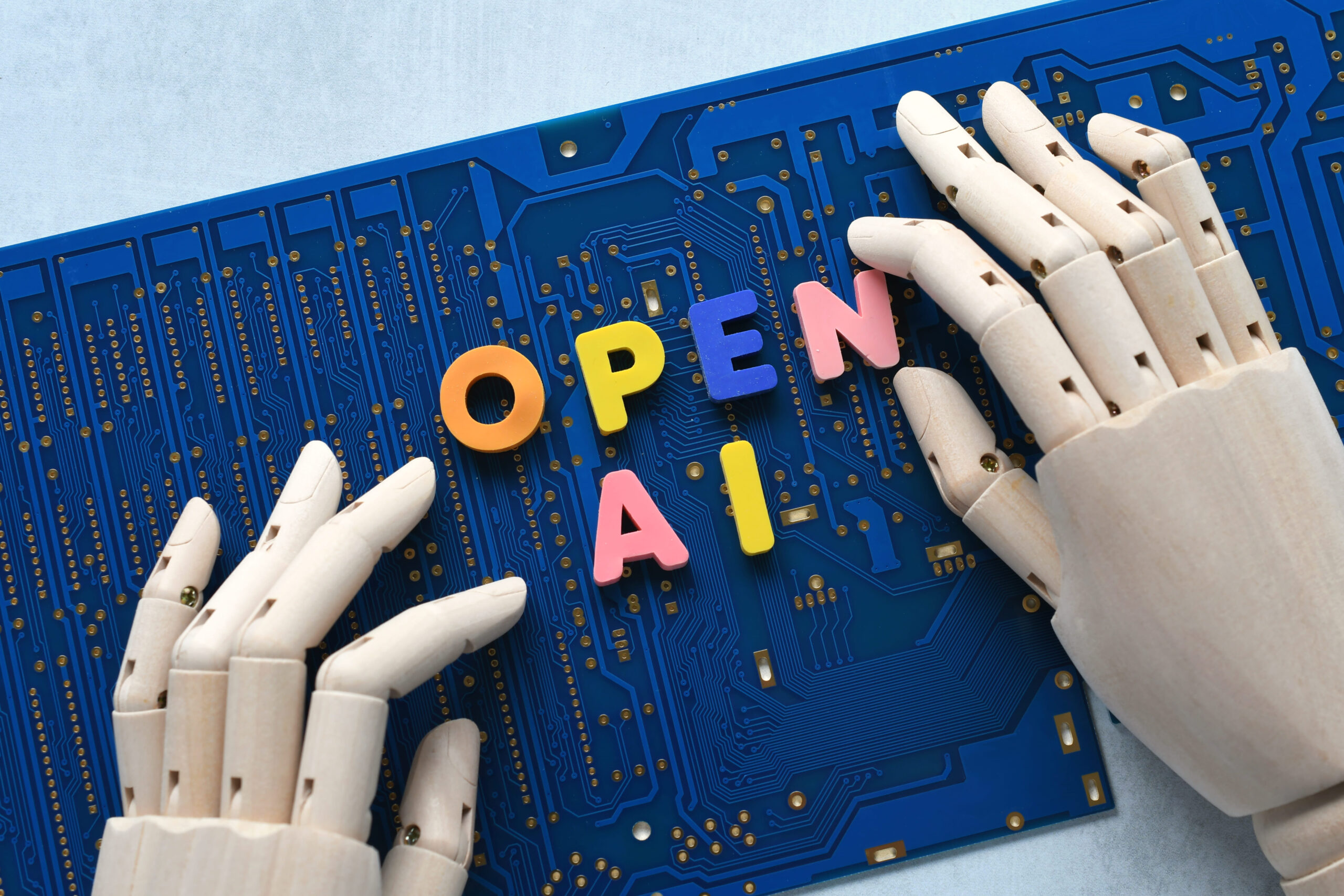

AI in smart packaging has endless potential in marketing, security, quality control, forecasting, and profit maximization.
Packaging used to be only functional in nature to contain, protect, and preserve a product. Over time it has evolved into other functions including adding value to the brand and engaging with its users. Now, smart packaging pushes the boundaries and evolves packaging forward in a major way.
Expected to reach $59B by the end of 2025, the global smart packaging industry is becoming an important innovation for many companies who want to educate their buyers, protect product quality, and retain full control of the supply chain.
Smart packaging refers to packaging with extended function and links the physical and digital world by integrating information and immersive content beyond what is printed on the package surface. Customer benefit include easy access to information while for businesses it provides insights into consumer behavior that can enable them to craft a more personal experience. Smart packing enables efficient product tracking, helping optimise transport routes while guarding against tampering and other malpractices.
This packaging help improve the product by providing elements to make sure the quality is maintained. Example is a food packaging made of materials that produce the amount of moisture that reaches the food.
This type of packing is capable of intelligent function by sensing that the product or packaging has changed in some way. This is particularly useful for perishable goods, produce, and similar products which are sensitive to temperature and other environmental factors.
It’s this type of packaging that employs AI to apply effect in diagnostic and indicator applications.
These are packaging that integrates NFC tags and QR codes where users can interact using their smartphones – no app required- to launch dynamic, digital experiences that serve as extensions of the physical packaging. This can be used to provide product information, register a product, or verify authenticity.
AI can deliver different information to customers using a single product through intelligent packaging. Since many won’t bother reading the lengthy fine print on packages, smart packaging can encrypt invisible signatures. When customer scan product packages audio-visual information will be provided to them at a different level of use.
For example, when a customer orders a jam and receives the package inputs can be general product information and nutritional benefits. Once the customer opens the jam, the AI model can deliver creative recipes using the jam. This is one of the many ways AI/VR can create immersive experiences for customers.
Through smart packaging, manufacturers can monitor when a product is running low. With AI models, keep tabs on how much product has been used and over what span of time and send buyers an auto-alert asking if they wish to refill. By anticipating needs, enterprises can stay on top of mind buyers and capture a bigger share of repeat purchases.
Deep learning models empower manufacturers to enable alerts in case of tampering or damage to packages. This then notifies the customer that the product is unsafe and the manufacturer or supplier of the damage. In the long run, such data can help identify vulnerabilities in the supply chain and address them.
Integrated with AI models, smart packaging can help caregivers and patients have more visibility and control over the right dosage and effect of medicine administered on patients.
Connected packaging also prevents counterfeit drugs from being consumed as customers can now verify product authenticity while pharmaceuticals can better keep track of their supply chain, monitoring packages from production to final consumption.
As smart packaging continues to evolve and become accessible to enterprises large and small, AI will be an important element to embrace to gain market leadership. By investing in smart packaging brands present themselves as tech-forward organisation that prioritise customers and provides them with the most unique and meaningful experiences.
Get in touch with AI Consulting Group via email, on the phone, or in person.
Send us an email with the details of your enquiry including any attachments and we’ll contact you within 24 hours.

Call us if you have an immediate requirement and you’d like to chat to someone about your project needs or strategy.

We would be delighted to meet for a coffee, beer or a meal and discuss your requirements with you and your team.
